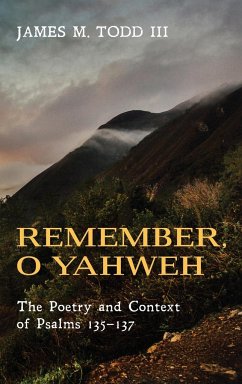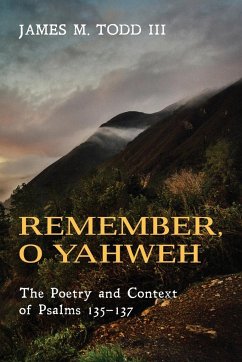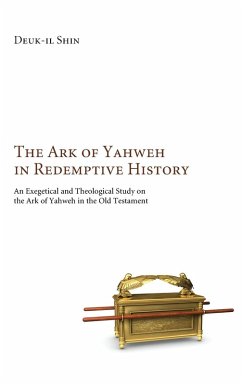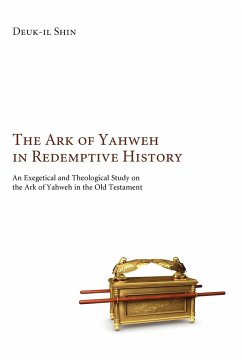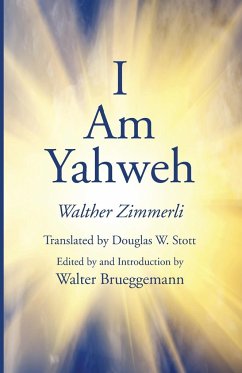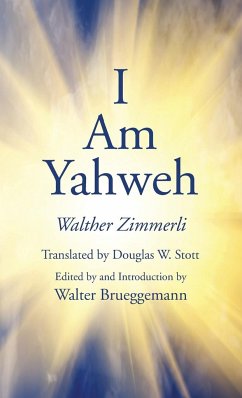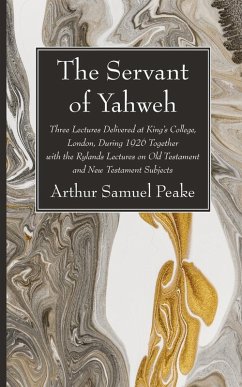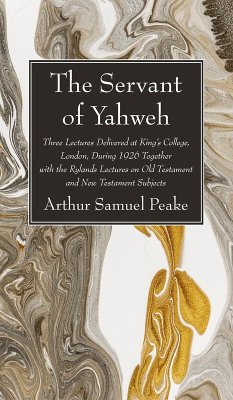One of the major shifts in OT studies over the past half of a century has been the move away from studies dominated by diachronic matters toward more text-immanent, synchronic approaches. In Psalter studies, one can see such a shift on two levels. First, on the level of the individual psalm, there has been a general trend to focus on the literary and linguistic features as the proper means for discerning the meaning of the poem. Second, on the level of the Psalter as a whole, scholars have devoted significant attention to its canonical shape and the role of adjacent psalms in the interpretation of each individual psalm. In Remember, O Yahweh, Todd approaches Psalms 135--137 on both of these levels. After a detailed poetic analysis of each psalm, he proposes that Psalms 135--137 serve as a bridge between the Songs of Ascents (Pss 120--134) and the Last Davidic Psalter (Pss 138--145). As such, this group highlights Yahweh's past acts of deliverance as the basis for the post-exilic community's prayer for Yahweh to remember his people's lowly condition.
Hinweis: Dieser Artikel kann nur an eine deutsche Lieferadresse ausgeliefert werden.
Hinweis: Dieser Artikel kann nur an eine deutsche Lieferadresse ausgeliefert werden.

